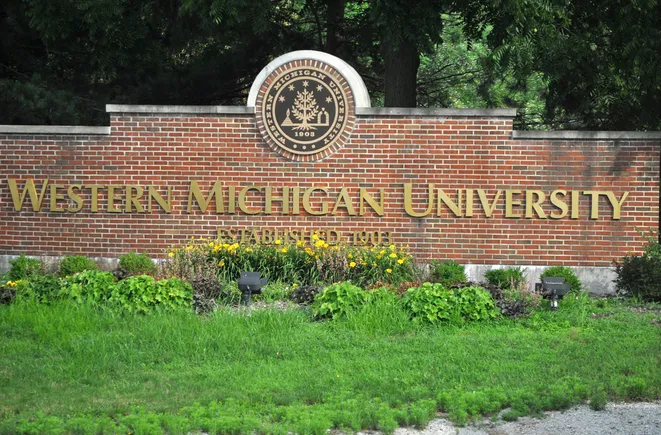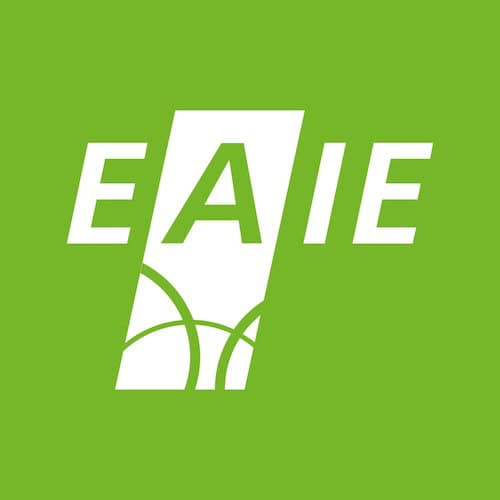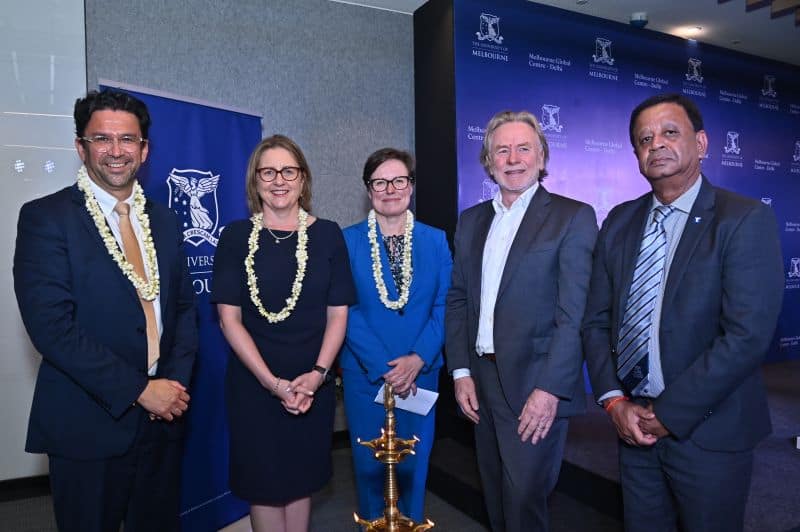Dive Brief:
- A state audit of the University of Maryland Global Campus raised questions about whether college officials are adequately monitoring a spinoff entity that has accounted for hundreds of millions of dollars in spending by UMGC in recent years.
- UMGC has not evaluated whether the nonprofit UMGC Ventures and other spinoffs “are meeting their intended purpose, goals, and objectives, in the most effective manner,” the audit found. Those issues may have contributed to a failed $25.7 million information technology project that ended without a viable product for UMGC, per the report.
- Moreover, UMGC spent roughly $184.1 million on IT services from Ventures between late 2018 and 2022 “without competitive procurement and without verifying that the amounts paid were proper,” the audit concluded.
Dive Insight:
The University of Maryland’s education college founded UMGC in 1947 to serve older students and service members. Today, it specializes in online programs and has satellite campuses scattered across the country. Most of its revenue — which came to nearly half a billion dollars in fiscal 2022 — comes from tuition. As of fiscal 2022, it had nearly 87,000 students.
UMGC’s first spinoff venture was HelioCampus in 2015, which came out of the institution’s analytics office. It was created to provide third-party services like data analytics to help universities, including UMGC, boost enrollment and improve student success.
Ventures came next, in 2016. At the time it was created as a tax-exempt holding company for businesses commercialized UMGC, the university gave it $15 million in startup funds and transferred ownership of HelioCampus to the new enterprise. The next year, UMGC spun off its 100-person technology office into a subsidiary of Ventures, called AccelerEd, to provide fee-based IT services to educational institutions.
UMGC contracted with AccelerEd to build a new student information system, an IT project that went over budget and past its timeline. The product was “ultimately determined to be unusable and abandoned” — after the university already paid $25.7 million to Ventures, auditors said.
An independent vendor found the initiative had “numerous significant project oversight and management issues related to Ventures and its affiliate,” according to the report. Even though those issues “directly contributed to the project failure,” auditors said, UMGC didn’t pursue a refund or damages from the entity.
While designed as an independent entity, most of Ventures’ revenue comes from UMGC, and the university’s president appoints the majority of the spinoff’s board members.
However, UMGC officials didn’t provide business and financial details about Ventures for the audit — conducted by Maryland’s Office of Legislative Audits. Campus officials cited tax regulations around the entity, which is not supposed to be under the university’s direct control.
UMGC officials also could not provide details over Ventures’ 2019 sale of a controlling interest in HelioCampus to a private equity firm for roughly $26 million.
State auditors concluded that “the extent of exclusive work performed for UMGC by Ventures and its subsidiaries calls into question the claimed independence of the various entities.”
In fact, UMGC is critical to Ventures’ financial life, with the university’s spending on IT services from AccelerEd accounting for $198.1 million of Ventures’ $215.3 million in revenue from fiscal years 2017 to 2022.
According to the report, UMGC’s spending through Ventures was done without a competitive procurement process or sufficient oversight. Invoices for Ventures’ IT services, for example, didn’t include breakdowns of costs incurred and services provided for the period.
“Such information would be useful in determining the future continuance of this arrangement, appropriate costs, and the practicality or potential value to UMGC of obtaining future services under a competitive bid process,” the report noted.
In a response to the audit submitted by Ellen Herbst, UMGC’s senior vice chancellor for administration and finance, the university agreed with most of the auditors’ recommendations, including stepping up contract oversight and financial controls on Ventures and third-party vendors.
But UMGC took issue with a recommendation to ensure IT procurement is competitive in the future, arguing that a carve-out in state statute for the spinoffs does not require this.
In a message to university leadership about the audit, UMGC President Gregory Fowler said that Ventures has contributed to the university’s success, but added, “I am deeply appreciative of the auditors’ work, understand its importance, and am fully committed to addressing the concerns and recommendations outlined in the report.”
He noted that UMGC has taken steps toward getting third-party evaluations of Ventures’ services and implemented new processes ahead of the report that were recommended by auditors.
#failed #project #cost #UMGC #25.7M #poor #oversight #blame










